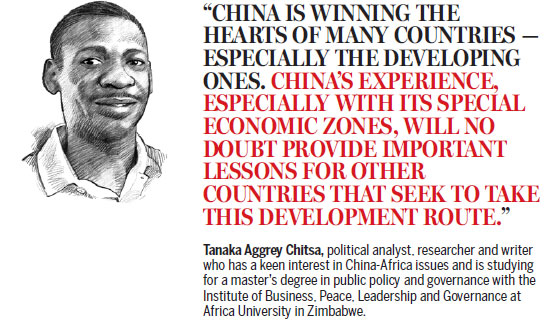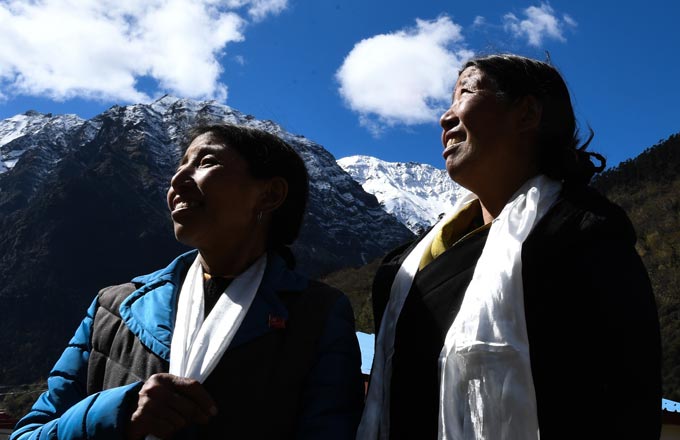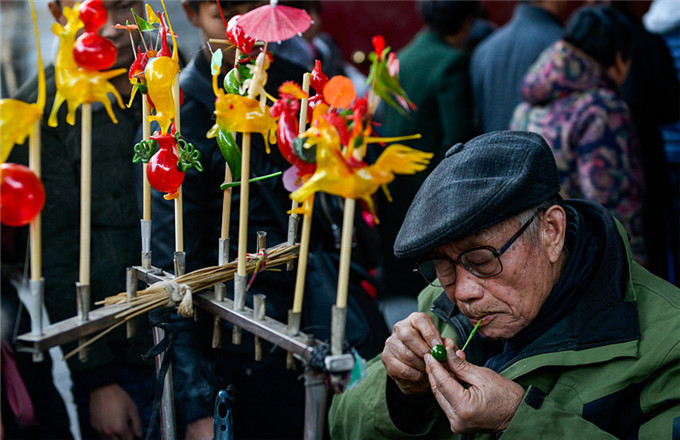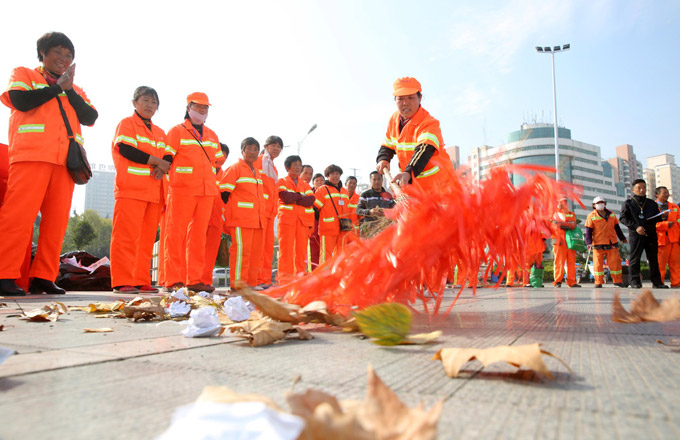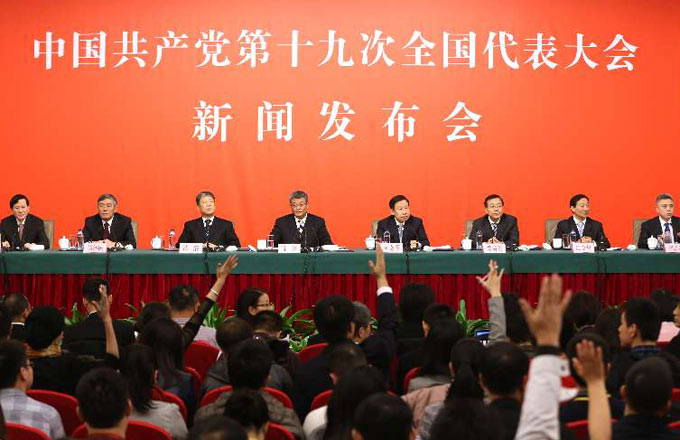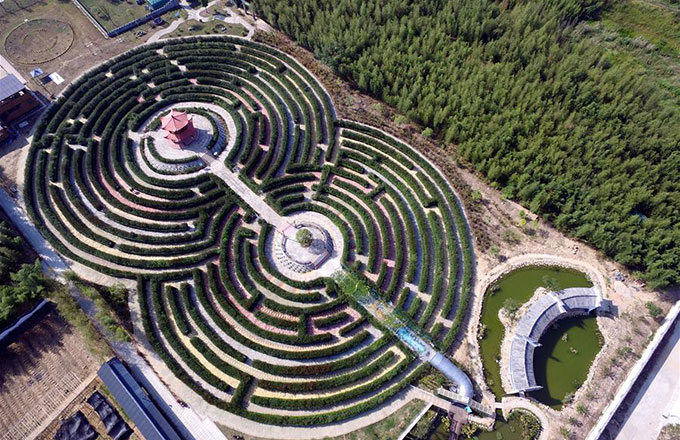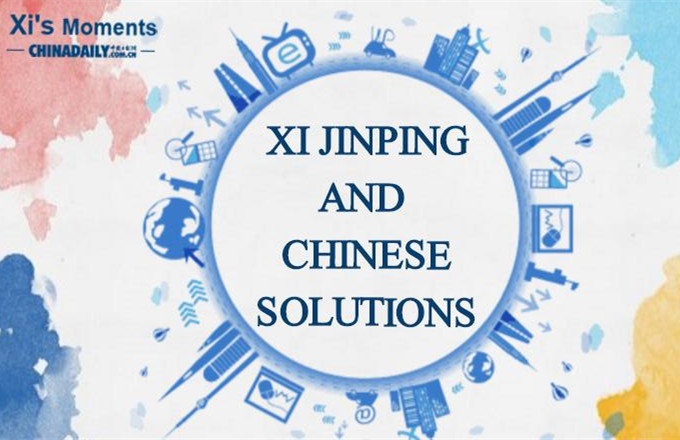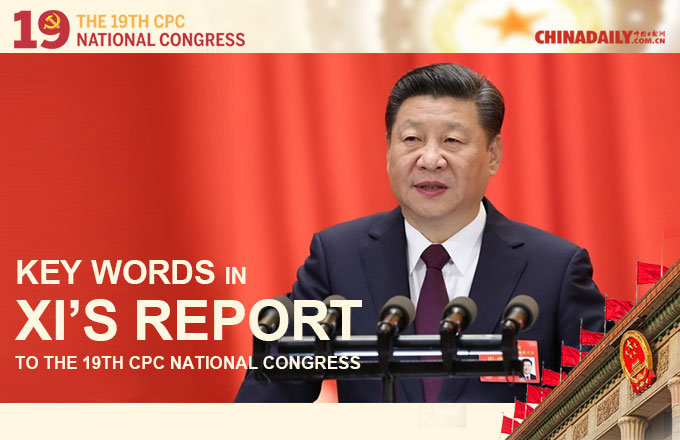China provides example for the world
The 19th CPC National Congress introduced Xi Jinping Thought on Socialism with Chinese Characteristics for a New Era, for China's long-term development. How do you think it will guide China's future?
This new Thought heavily borrows from but further enriches Marxism-Leninism, Mao Zedong Thought, Deng Xiaoping Theory, the Theory of Three Represents, and the Scientific Outlook on Development. This new era is important in the sense that it represents the latest achievement in adapting Marxism to the Chinese context. It also shows that China doesn't intend to do away with its old tradition of conducting things, but seeks to improve its ways or modify them so as to adapt to the ever-changing global arena.
President Xi Jinping said China has embarked on a "new era" in its development while spelling out a two-stage development plan for the country by the mid-21st century. What do you think of that? What is happening in China that impresses you the most?
According to the keynote speech delivered by President Xi Jinping, the first stage is from 2020 to 2035, whereby the country will build on the foundation created by the moderately prosperous society with a further 15 years of hard work to see that socialist modernization is basically realized. During the second stage, which is from 2035 to the middle of the 21st century, the CPC intends to develop China into a great modern socialist country that is prosperous, strong, democratic, culturally advanced, harmonious, and beautiful. In terms of development, China has shown the world how this can be done by leading from the front through various initiatives such as the Belt and Road Initiative.
President Xi Jinping has pledged to develop a modern economy. What are your expectations for that?
This is an interesting point in the sense that Chinese society has evolved to some extent to be between unbalanced and inadequate development. In this regard, there is a need to make sure that the level of development in China is felt by all the people across the country and that no one feels marginalized. As acknowledged by President Xi, the needs of people to live a better life are broad. The Chinese people now not only want material and cultural gains but their demands for democracy, rule of law, fairness and justice, security and the environment are increasing.
China's is still the world's fastest-growing economy, and millions of people have been lifted out of poverty. What in your opinion has been the key to such achievements? And what do you think of the Chinese development model?
China is the world's second-largest and fastest-growing economy, but it should be noted here that the economy is currently in a transitional phase. It is changing from rapid and massive growth that mainly focused on quantity to a new phase that mainly focuses on quality improvement. To its credit, the Asian giant has managed to lift millions of people out of poverty, and this remains an important lesson for the rest of the world, especially Africa. The secret to achieving this has been the country's reform and opening-up policy of 1978, further cemented by its commitment to fight corruption through various anti-corruption mechanisms.
China has also been making efforts to reform and develop the global governance system. How do you think China's experience and wisdom can benefit countries and people around the world?
China has been making efforts to reform and develop the global governance system on the basis of cooperation and mutual understanding. This has seen the country actively participate in various multilateral institutions and initiatives. This will go a long way in developing and reforming the global governance system, since China is winning the hearts of many countries - especially the developing ones. China's experience, especially with its special economic zones, will no doubt provide important lessons for other countries that seek to take this development route.
